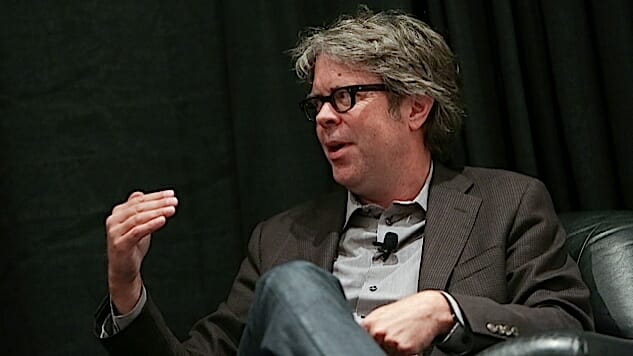Climate Change Pessimism Is Useless, Even Coming from Jonathan Franzen
Photo by Brent N. Clarke/Getty
For what it’s worth, I feel the need to proclaim up top, loudly, that I’m an unabashed Jonathan Franzen fan. I like his fiction, I like his nonfiction, and I even like his rare but potent turns as an Internet troll. I say this in an attempt to distinguish myself from the legions of dogpiling haters who rush to scold Franzen at every chance, and prove that I have not succumbed to the cult of the Franzen reactionaries. (If you are one of the exceptionally cool people who belong to that cult, consider this your chance to sneer at me like I’m a progressive Bret Stephens. But I will email your boss if you insult me publicly.)
Second, I want to establish what I consider to be a pretty incontrovertible point, which is that climate pessimism—”we can’t stop climate change”—is a Republican argument. What Republicans want, and have wanted for years, is to do absolutely nothing about climate change because it will cost them money, and there are only two rationales for adopting that position beyond “I’m greedy.” They are:
1. Climate change isn’t real.
2.Climate change is real, but we can’t do anything about it, so why bother?
They’ve been hitting no. 1 pretty hard for the last three decades or so, but as it becomes more and more obvious even to the idiots that it is real, the obvious segue for Republicans is toward the “too late, sorry!” argument. We’ve already seen it happening a little, and my guess is that over the next three years or so, they’ll flock to the school of insincere helplessness while they build their armed compounds in New Zealand.
-

-

-

-

-

-

-

-

-

-

-

-

-

-

-

-

-

-

-

-

-

-

-

-

-

-

-

-

-

-

-

-

-

-

-

-

-

-

-

-








































